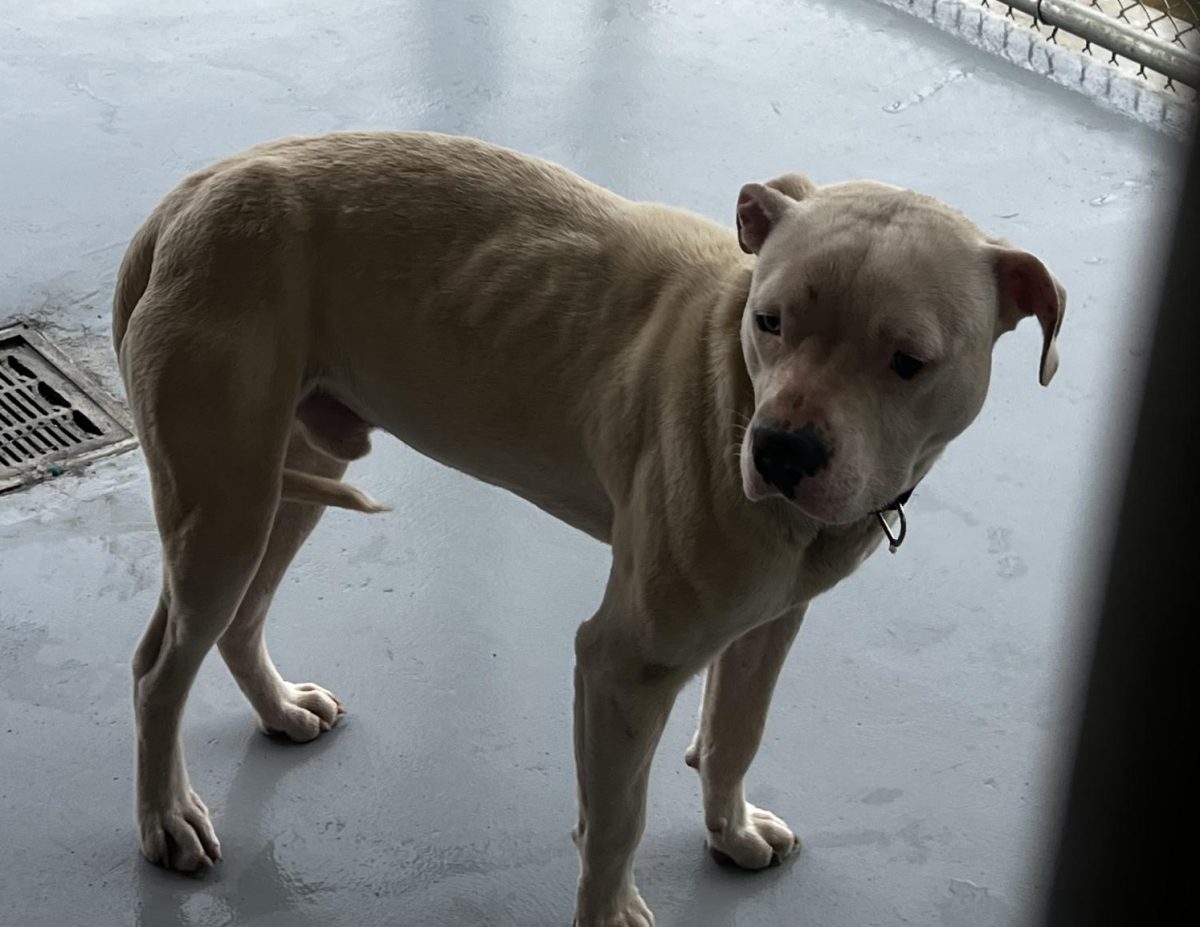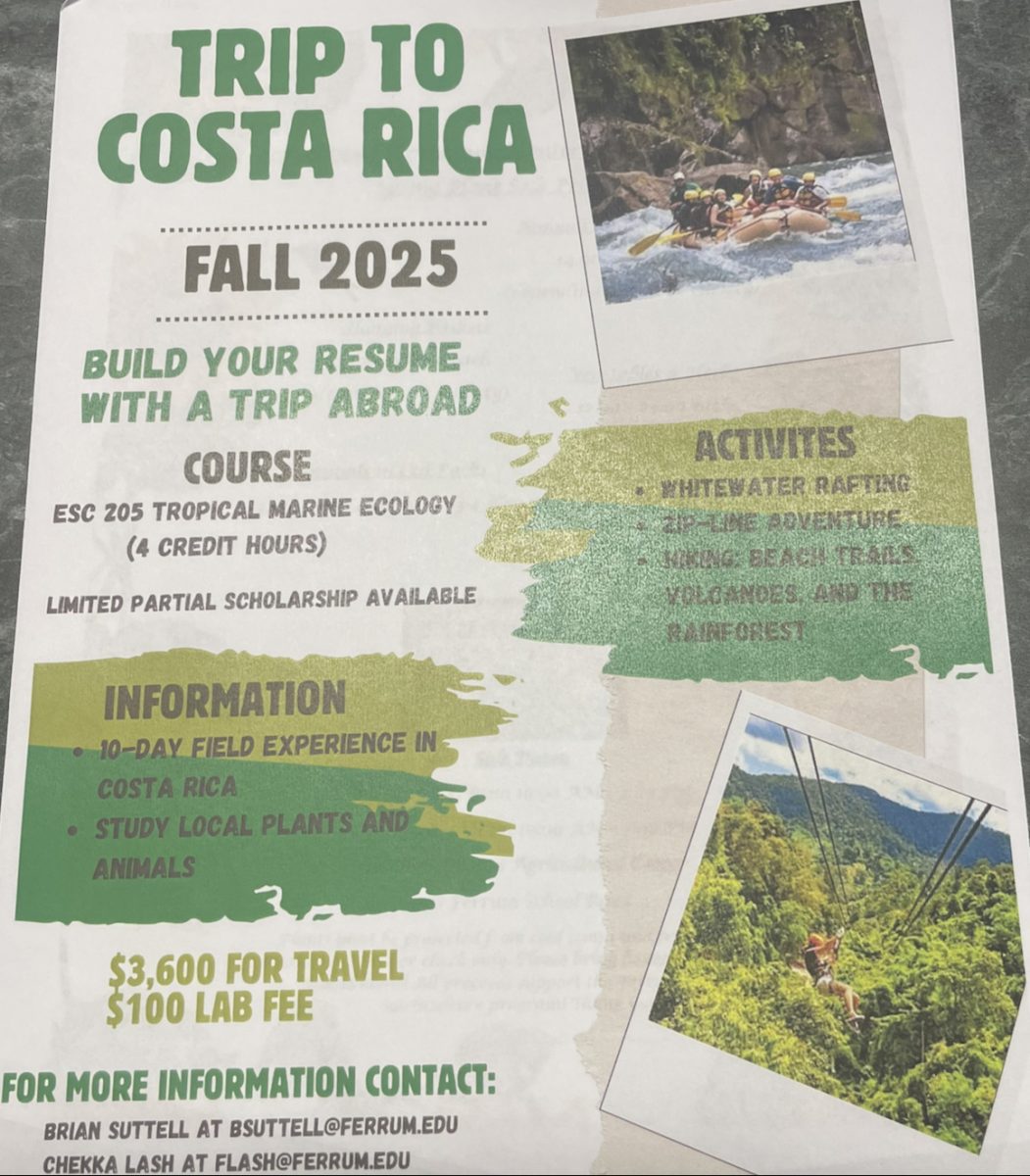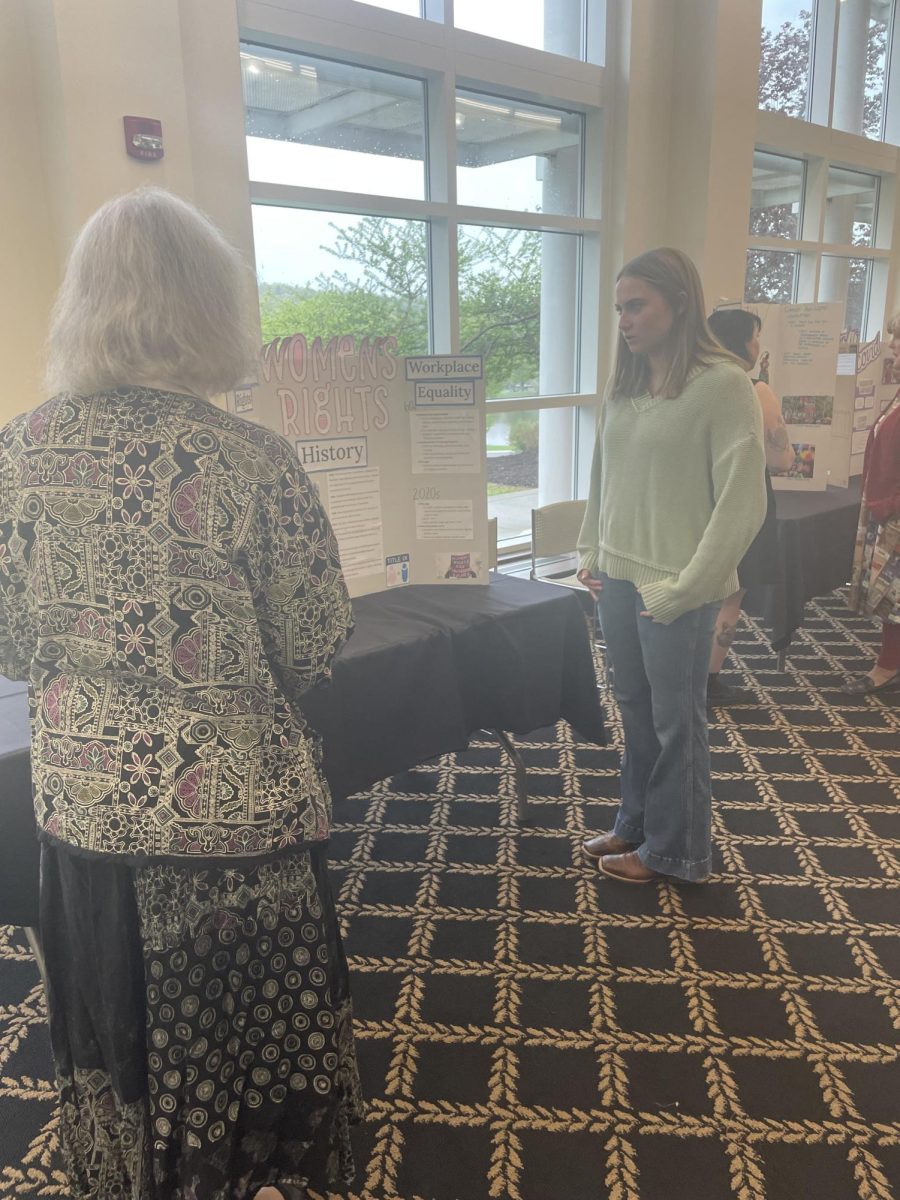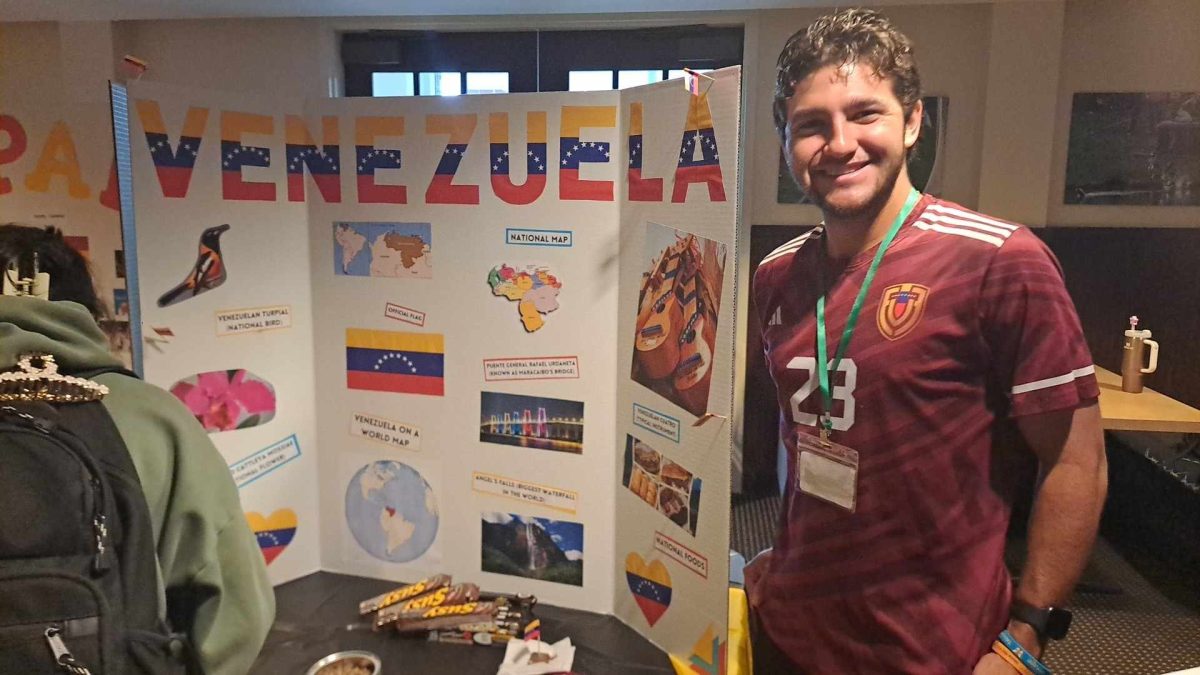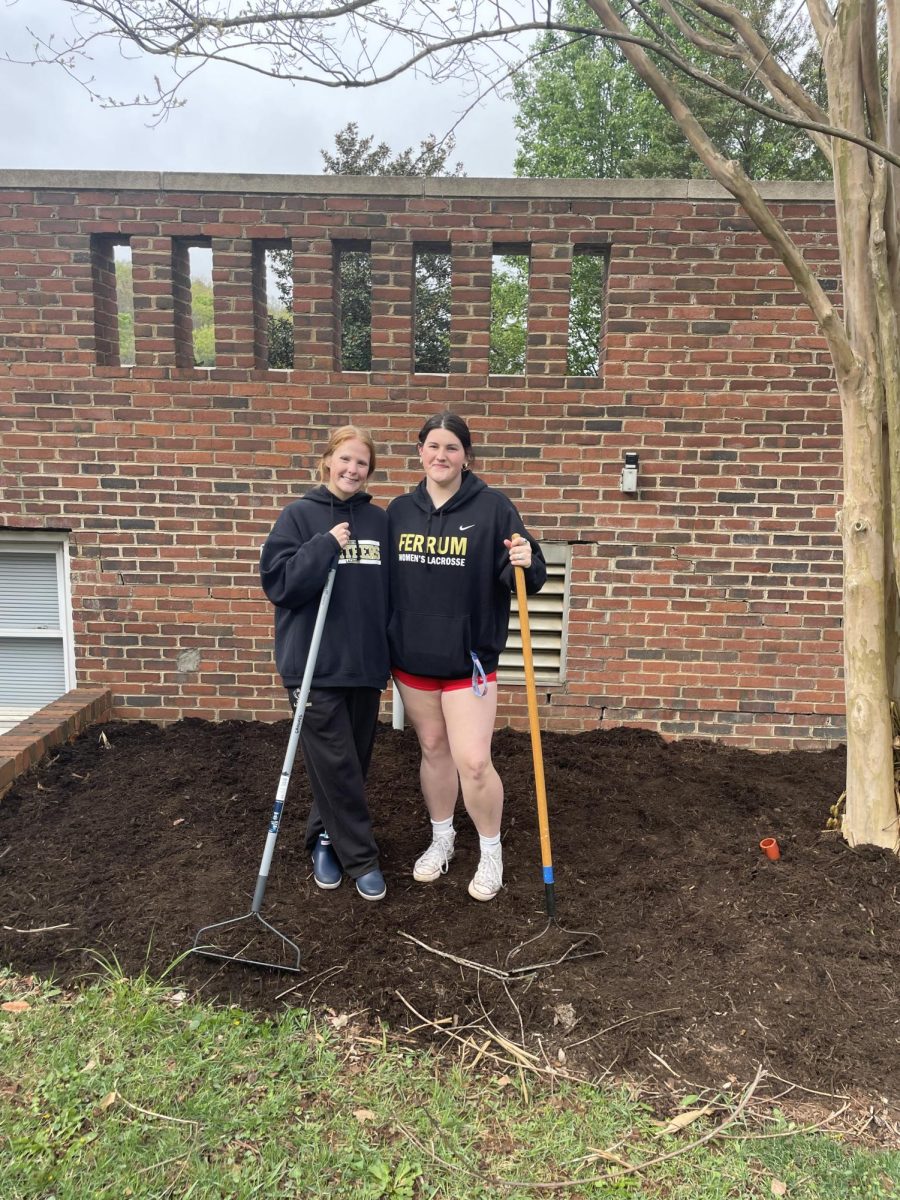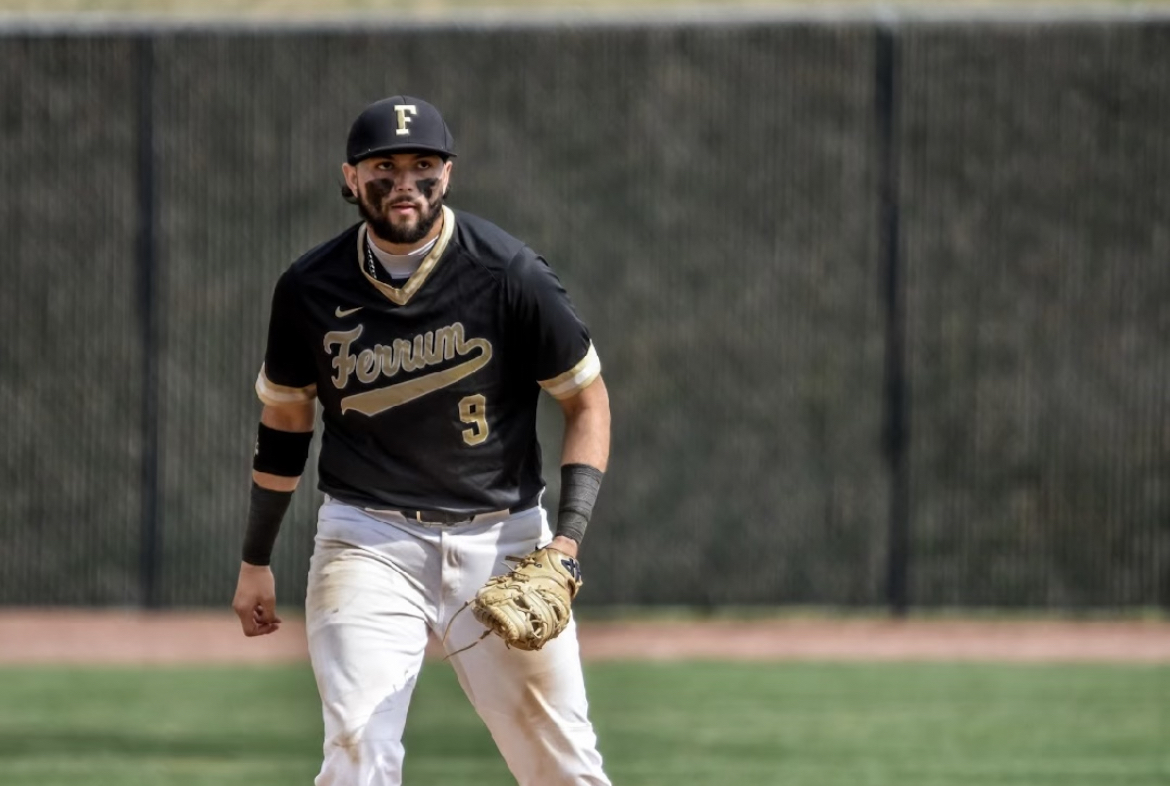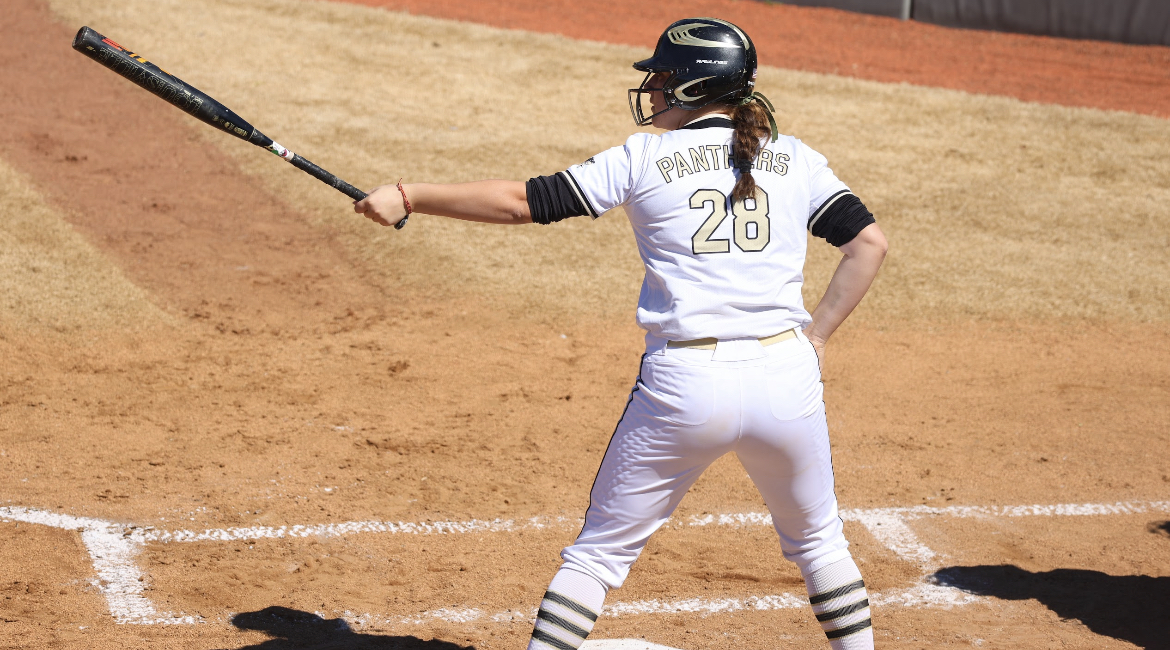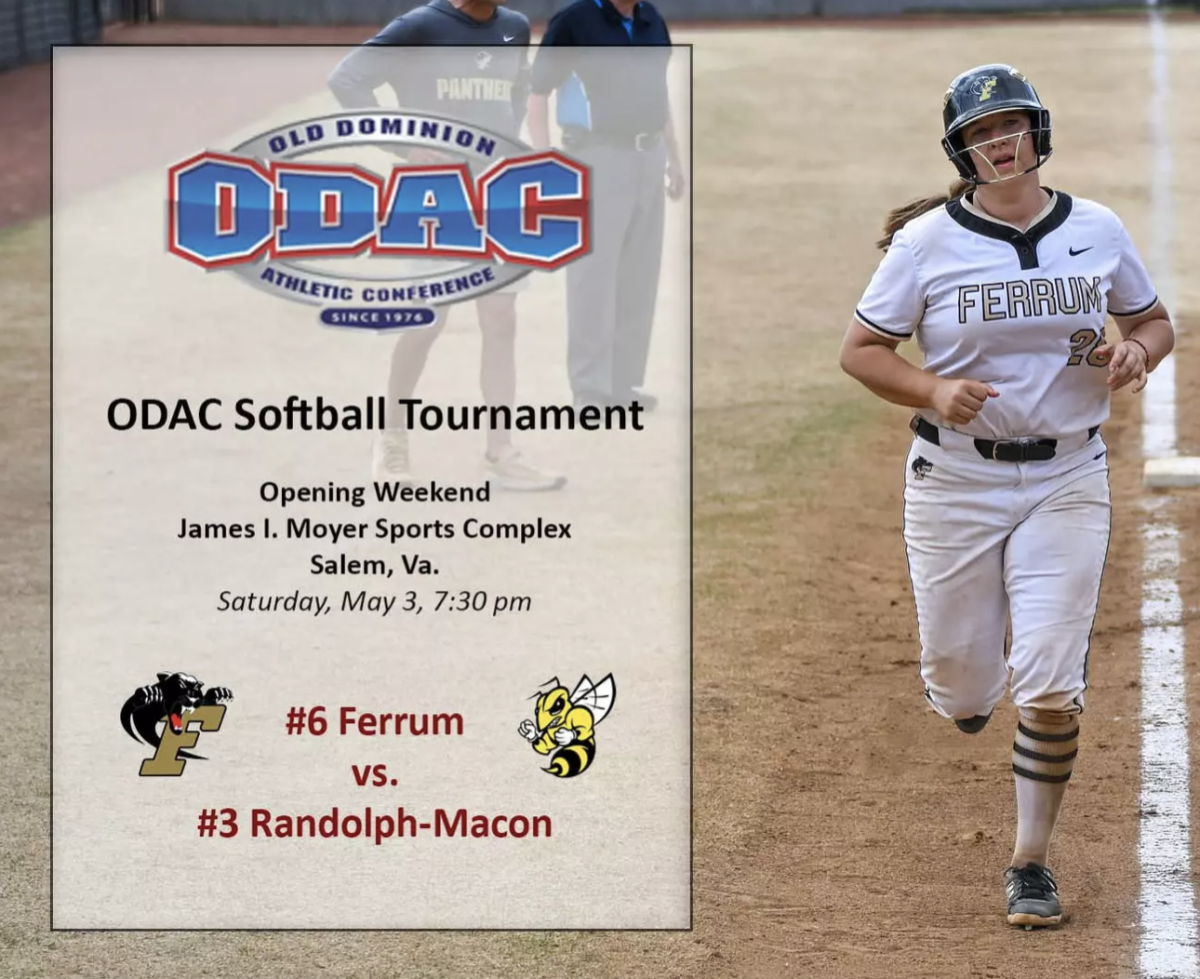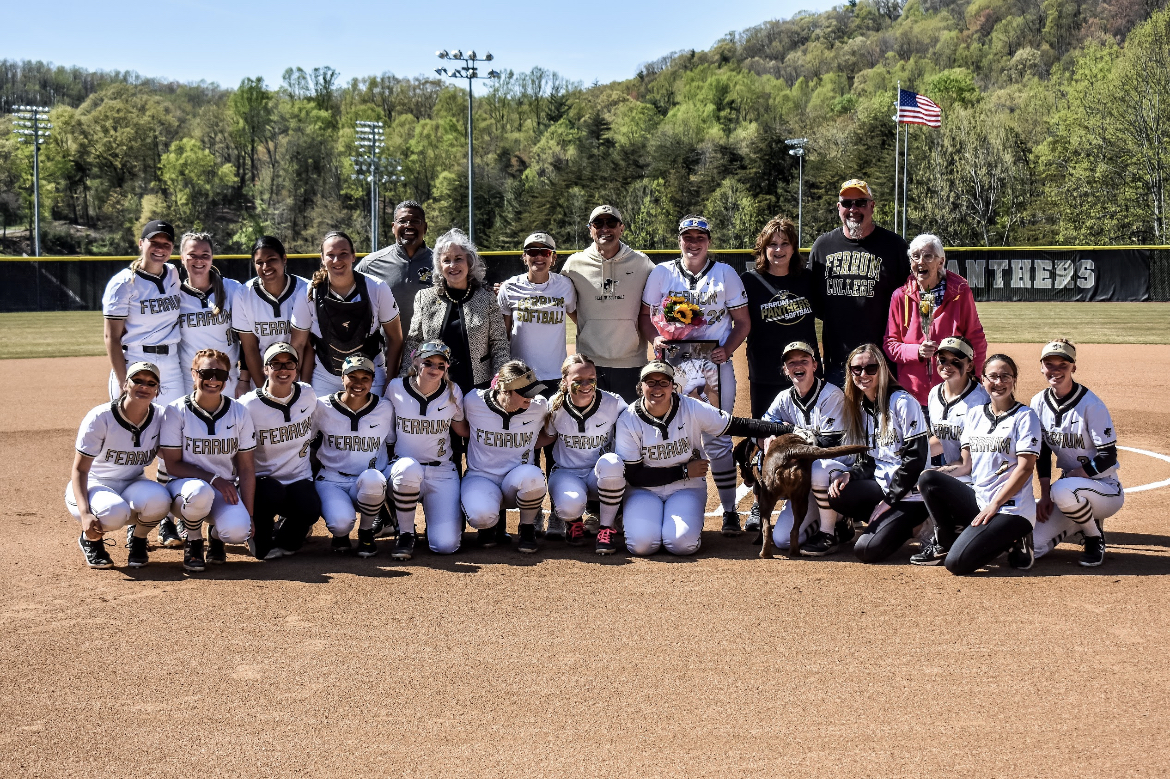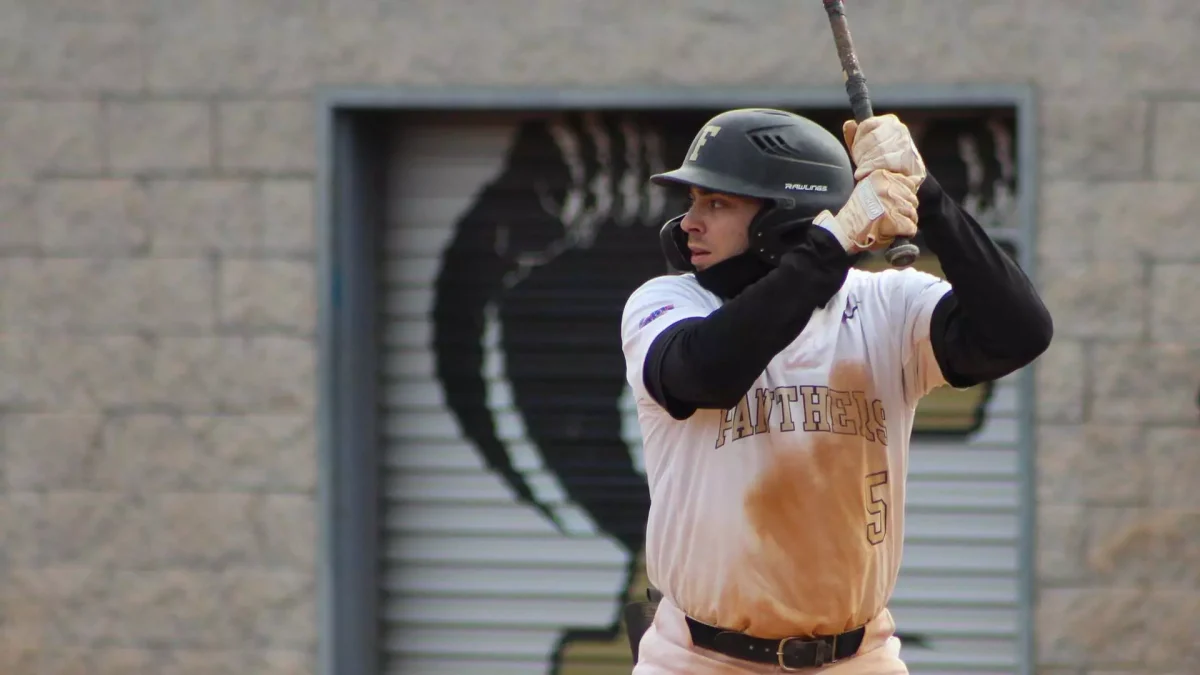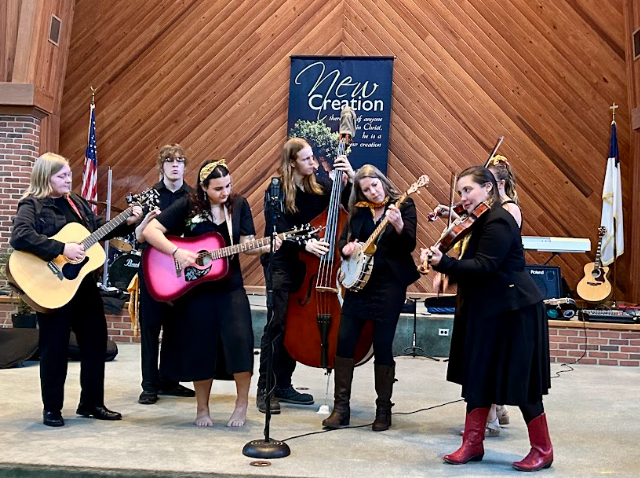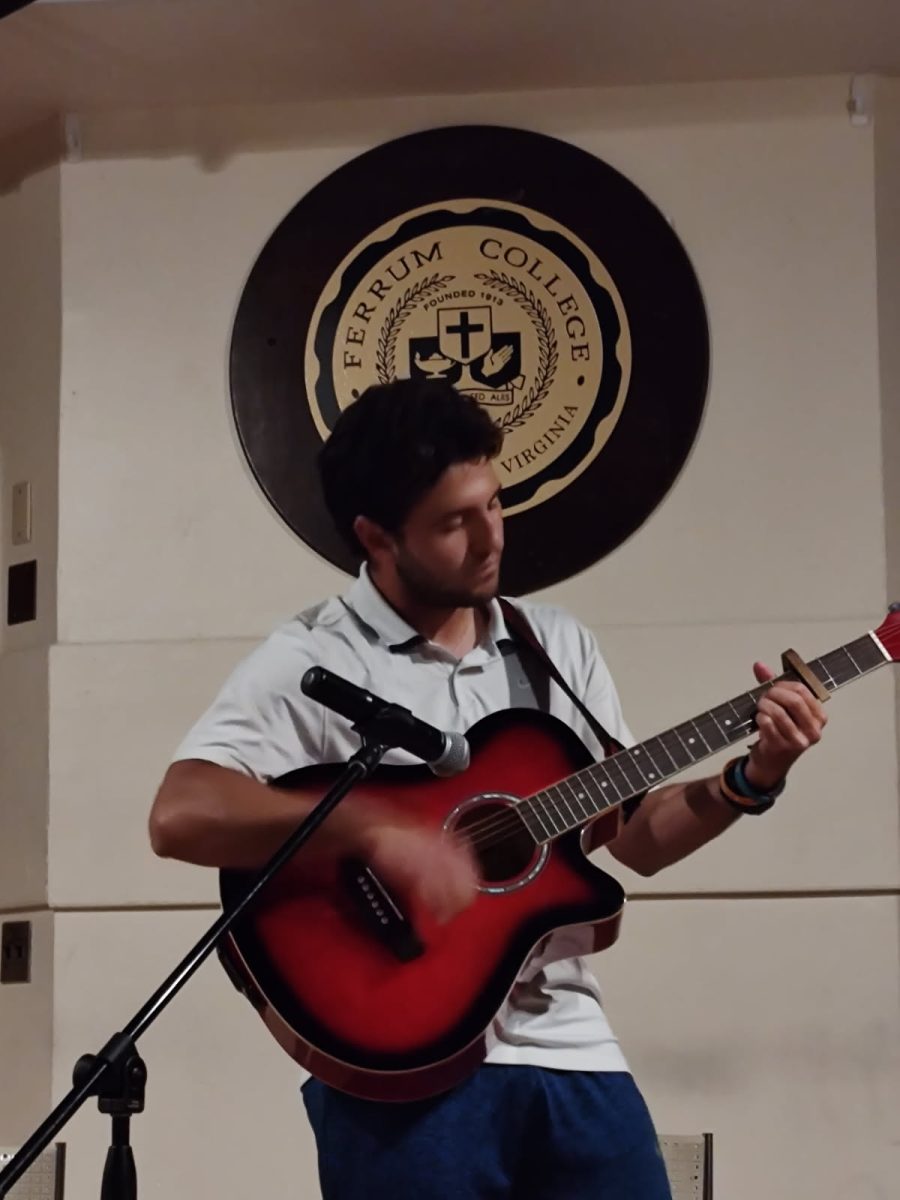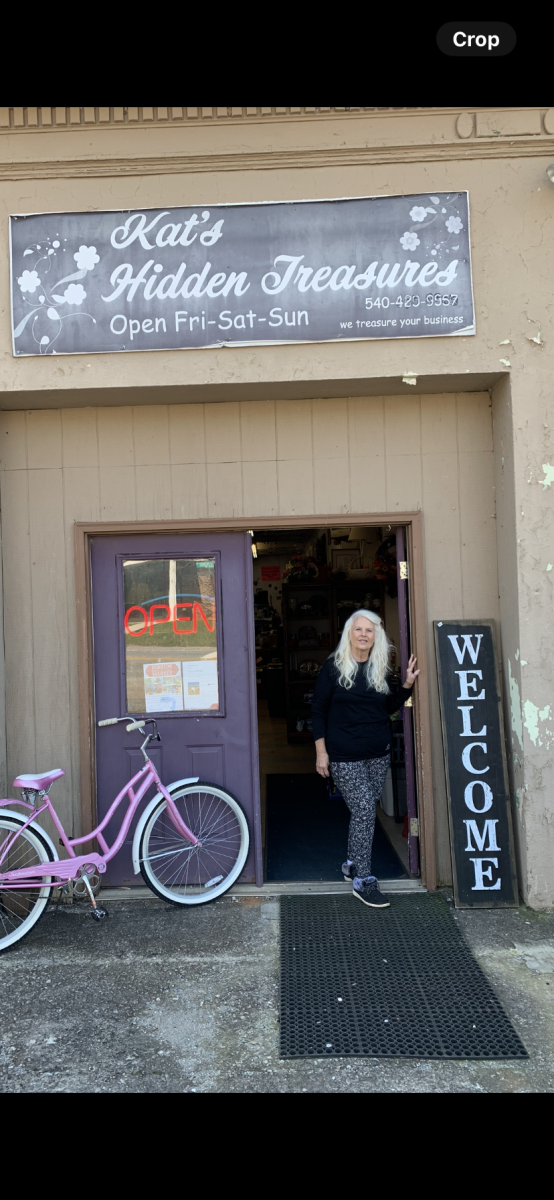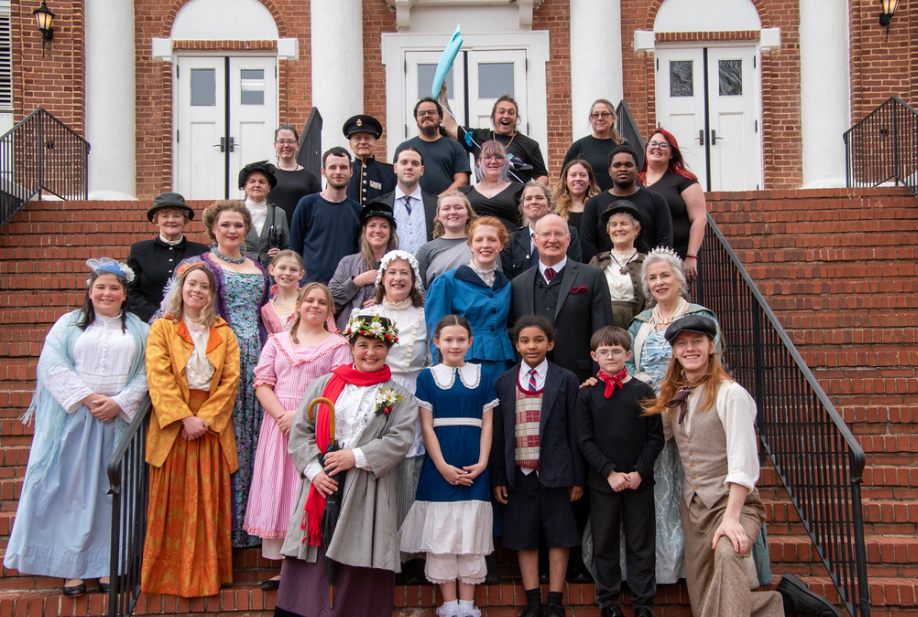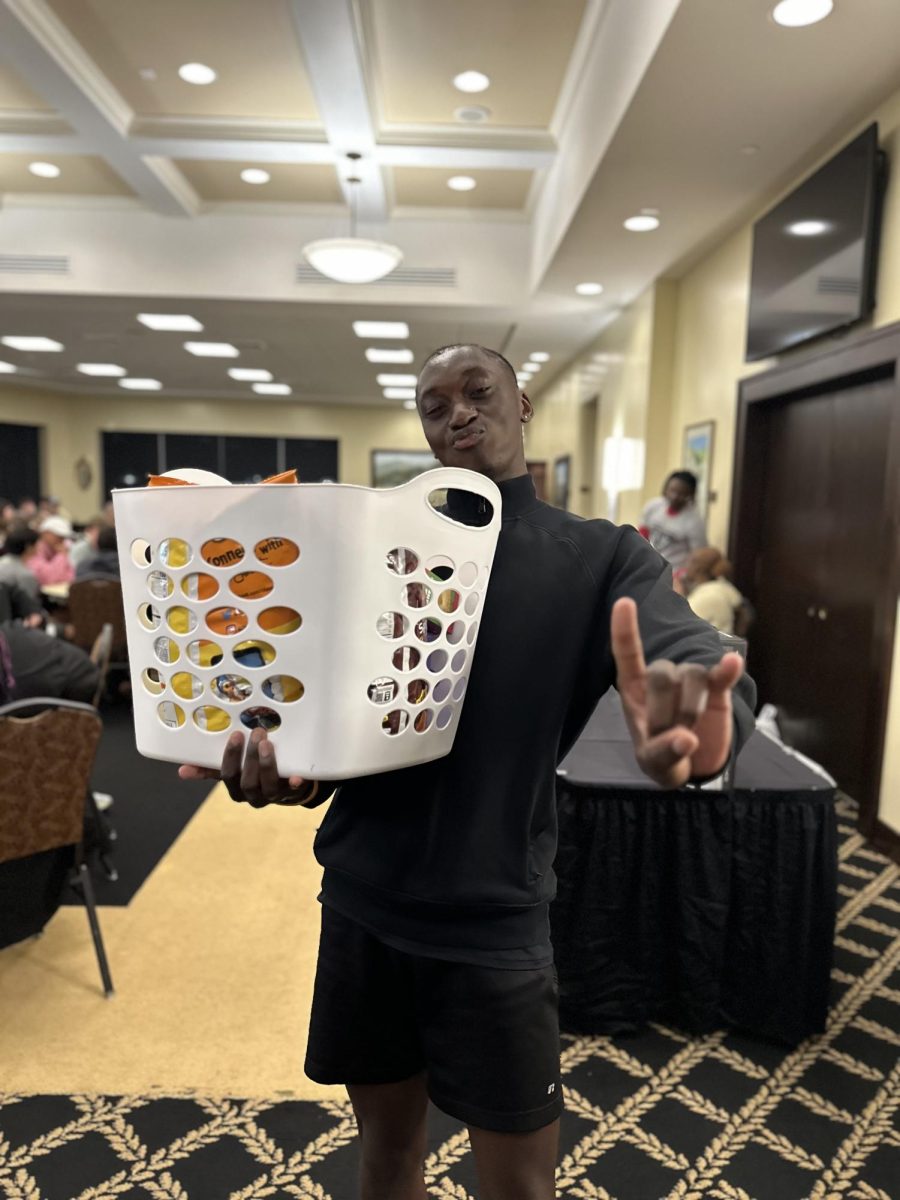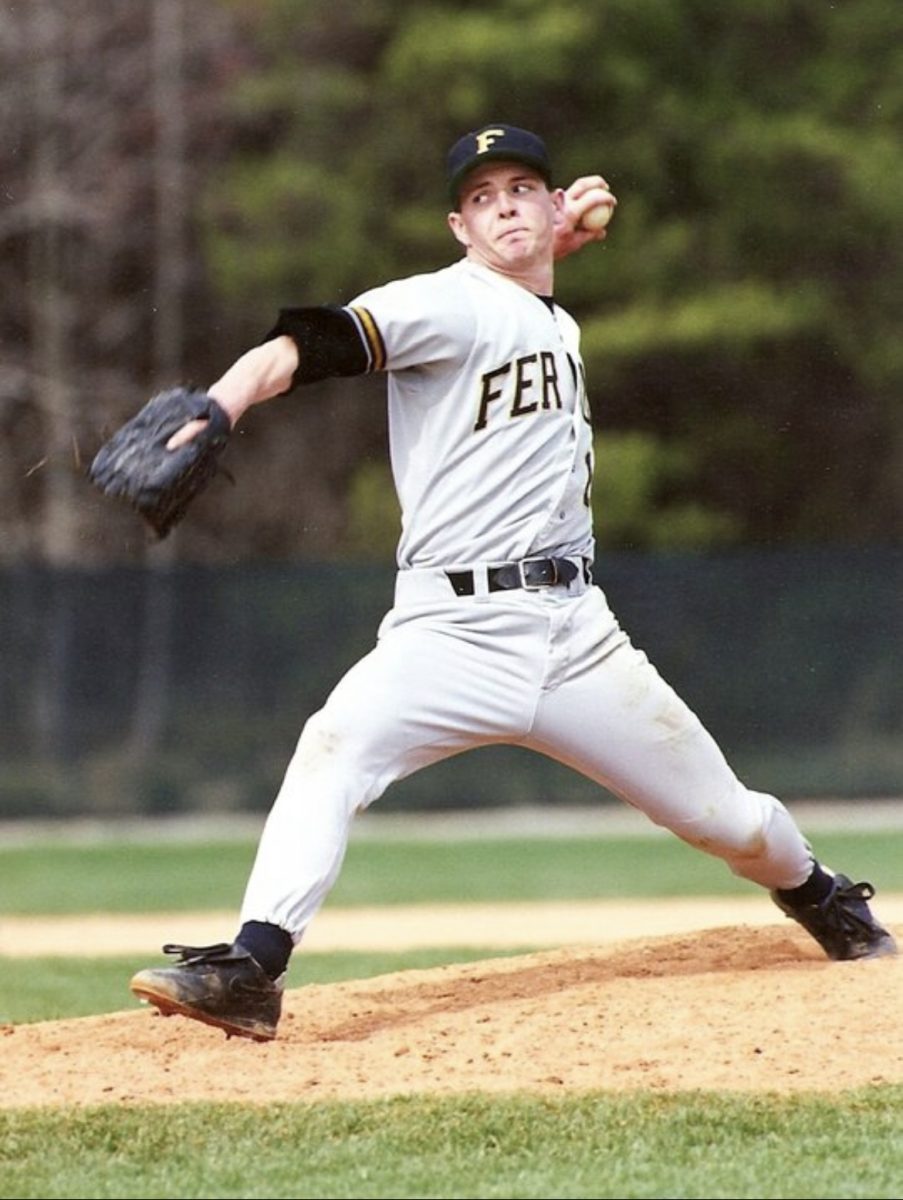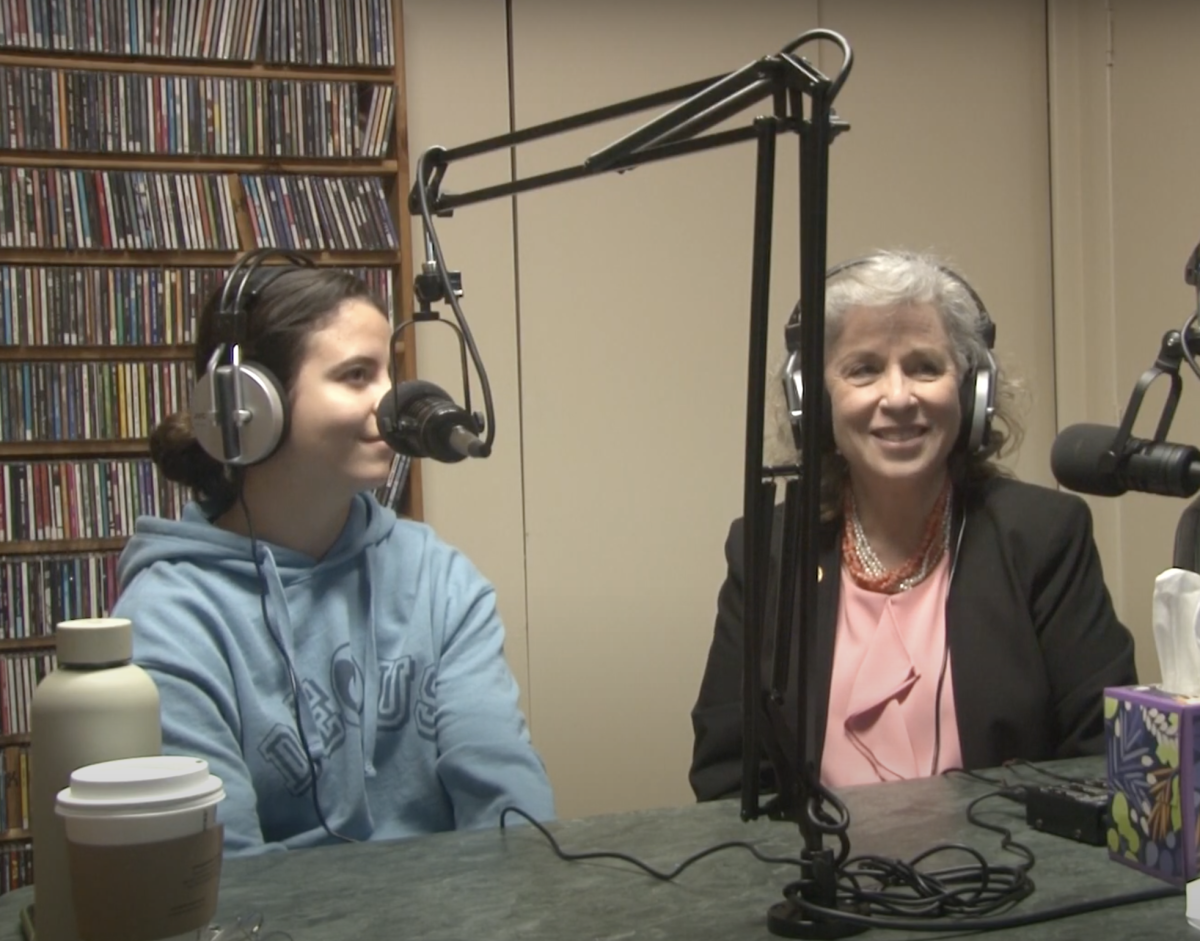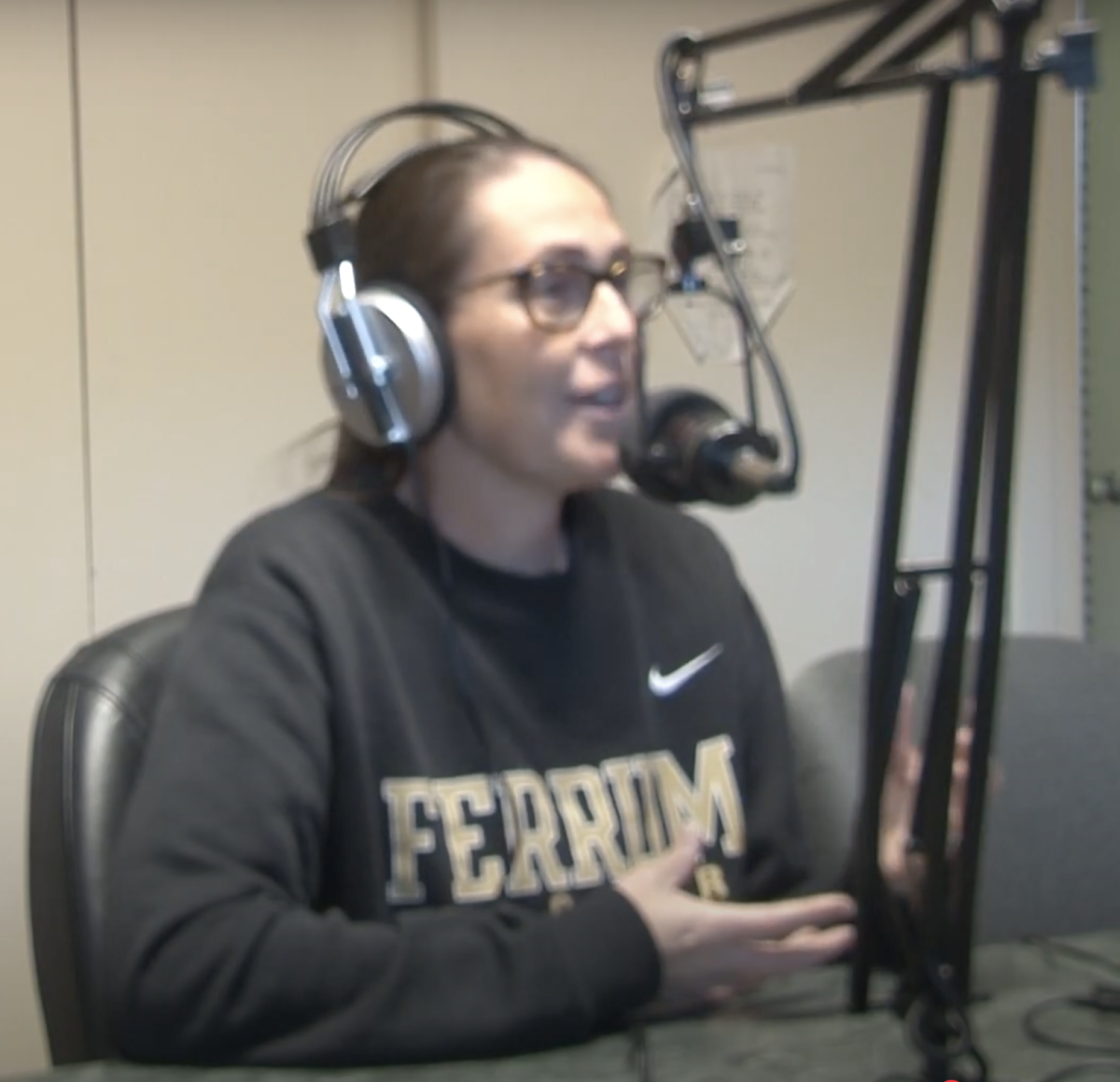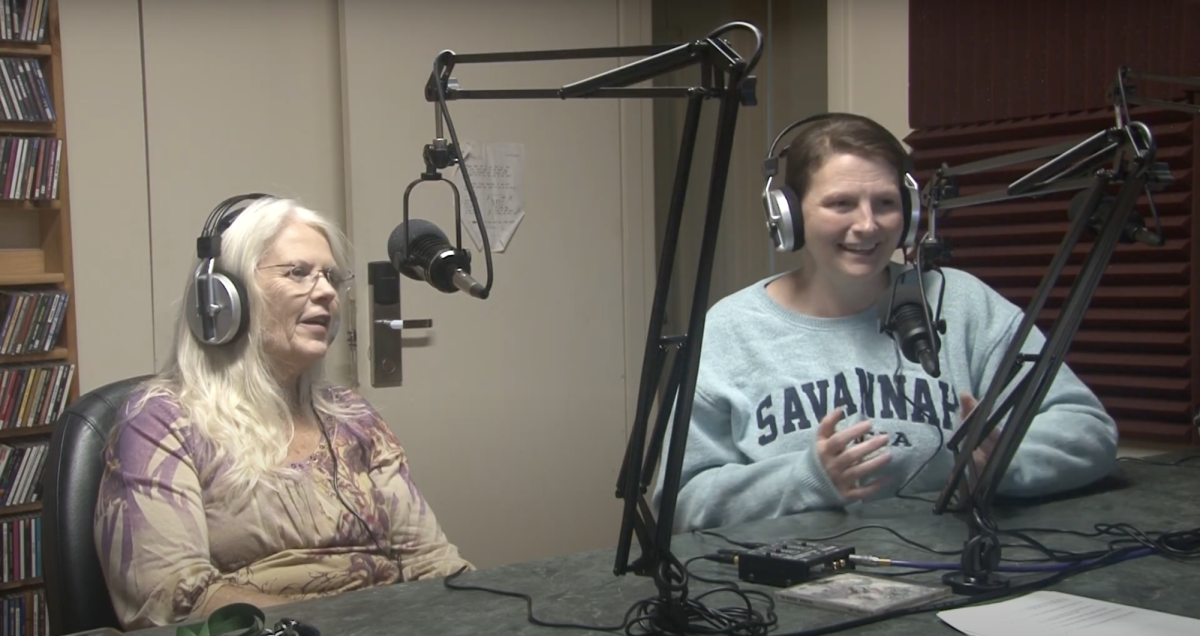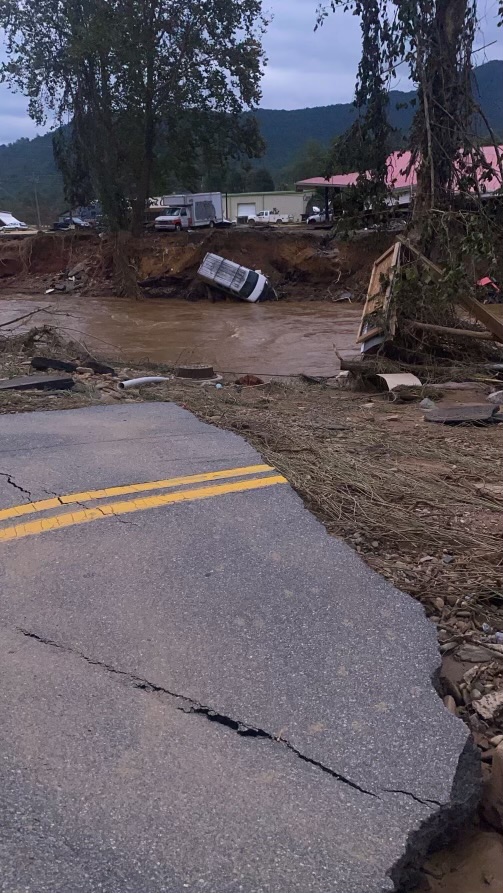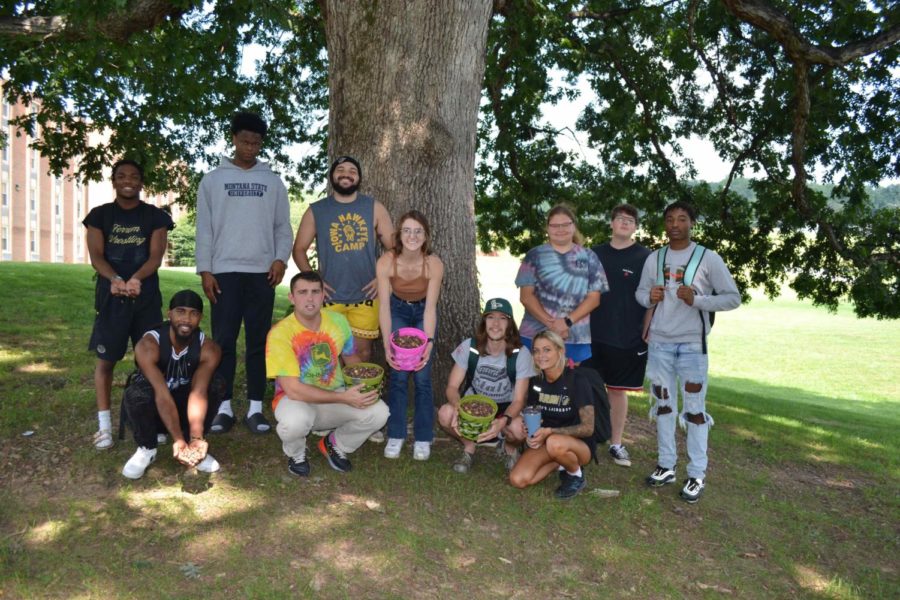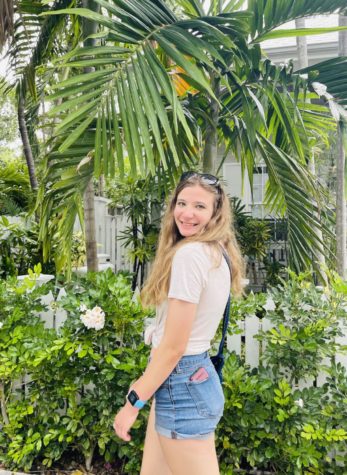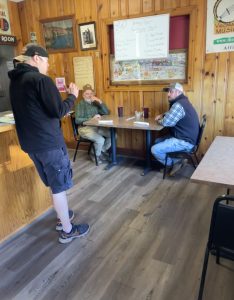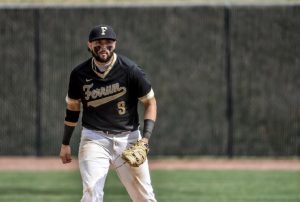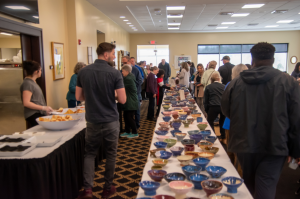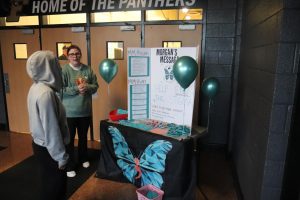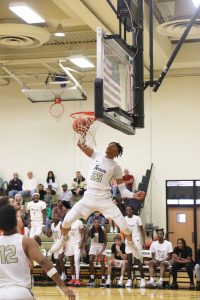Ecotourism Program Creates Course for Change
Students in ECT 312, Protected Area Management, participated in collecting acorns for future proliferation. Front row from left: JaQuice Sydnor, Tommy Jackson, Alex Reed, Willow Cooper. Back row from left: Trent Proctor, Michael Spraggins, Cullen Nash-Cleek, Jazmin Scarberry, Emma Loughrey, Joey Provence, A.J. Gaskin.
October 13, 2022
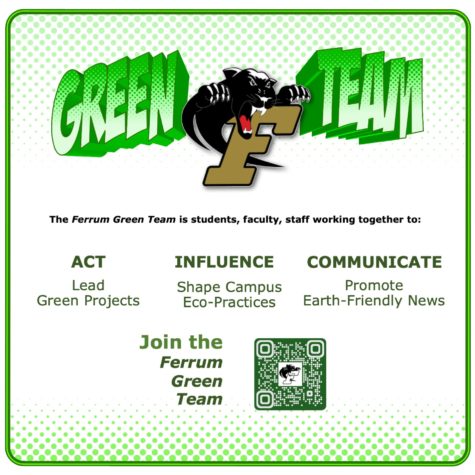
This time of year, mist drifts over the mountains and the trees dress in bright shades of oranges and golds. People frequent hiking trails, laugh around bonfires, take in lungfuls of crisp air.
In Appalachia, the mountains are a part of the community’s soul, the trees rooting the people to the land. Environment and the community are tightly connected in this region of the world, a relationship that is demonstrated by recent activity on campus.
In September, students in the Ecotourism 312 Protected Area Management class collected acorns from the oak tree outside of Bassett Hall. The class planned to collaborate with environmental science students to plant and propagate the seeds, in order to create a small tree nursery. The project was created by Ecotourism professor Chris Mayer, with the goal of combating deforestation on campus.
“Bad environmental news gets amplified, and good news is whispered at best,” said Mayer regarding the larger goals of his project. “Many young people are losing hope that anything can be done to protect the Earth. We want to show them that their thoughtful actions do make a difference.”
Mayer has larger goals for this project—beyond reforestation efforts—that include collaborating with students to create a new program that would allow Ferrum Ecotourism to have a more powerful ecological impact and reach a wider audience. This program is called the Green Team.
“The acorn planting is the first of many facets in the Green Team plans,” said senior Jazmin Scarberry, a double major in Ecotourism and History, and a member of the Ecotourism 312 class. “The purpose of the Green Team aims to improve the quality of the campus life by leading students towards a greener path.”
According to Scarberry, the project is already beginning to impact the lives of the students participating and to begin to have a positive effect on the campus and community.
“Students will soon have a piece of Ferrum to take home with them that will last a lifetime,” she said. “Giving students the option of having a Ferrum sapling will allow them to share the story of how they came across the tree, which would be from the Green Team.”
The students and staff involved in the Green Team have several other events planned that they hope will have a similar impact, but with a broader and more public reach.
“The Green Team is going to be a course here [at Ferrum] and it is to help students learn how to plan events,” said senior Emma Brubaker, a Chemistry and Ecotourism major. “It’s to help them get the training to do that, but also to center it around environmental awareness in a positive way. It’s also to try to get the whole campus involved in how to clean up our environmental impacts.”
Brubaker is a practicum student involved with setting up the Green Team and planning how the project will proceed. The ecotourism program intends for this to be a large and on-going project, involving a myriad of recreation, ecotourism, and environmental science professors and students.
“Currently, we are trying to make a course plan so that people can take the program starting as freshmen and get the basics, and by the time they’re seniors, they can start hosting the events,” said Brubaker. “And then we’re hoping to make it available to people not just to take as a course, as something they can just be a part of.”
The Green Team is a large collaborative effort by different groups on the campus and is being executed by people who care very much about the environment and our place within it. Everyone involved with this project believes in the possibility of a better world and wants to create a course for change.
“Our students are the next generation of conservation leaders,” said Mayer. “Being a member on the Ferrum Green Team will instill in them the confidence they will need to lead. I urge our students to seek out others who love the Earth and who are frustrated with inaction.”
With the Green Team, Mayer and his team are working to provide students with opportunities to make a better world. Coming up this semester and in the Spring, they also have several planned opportunities to spread the word about the ecotourism program and interact with the campus and broader community.

